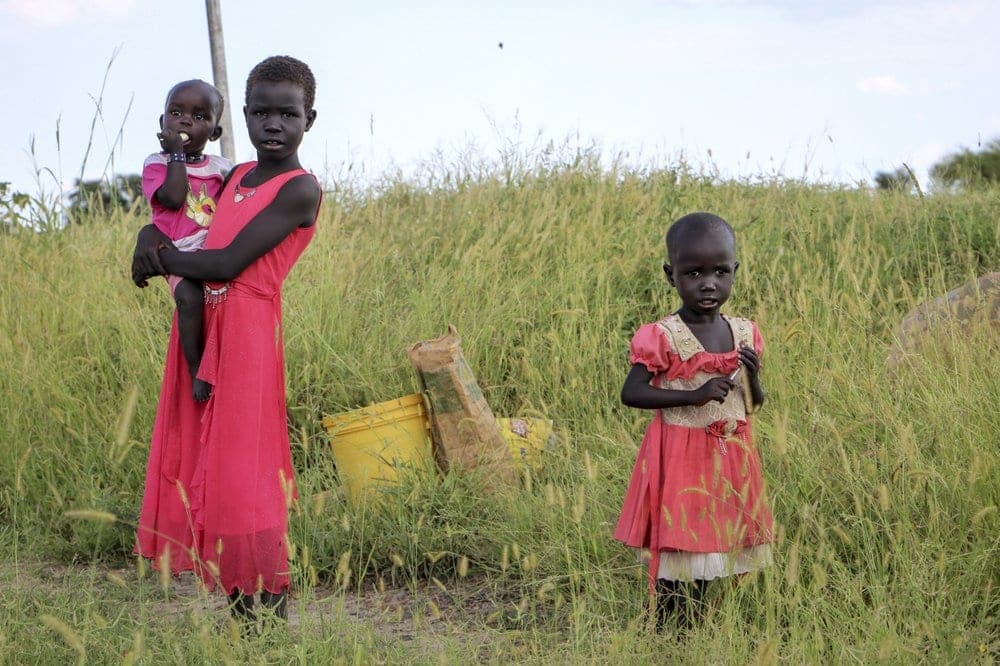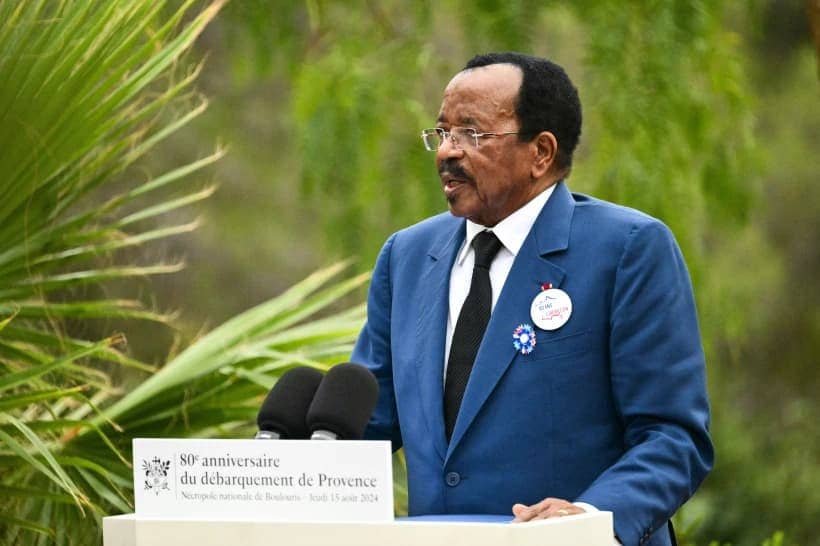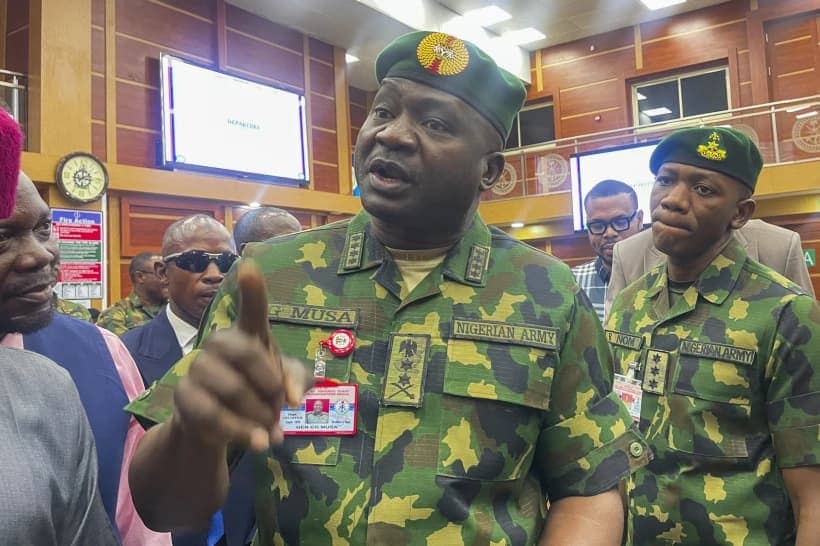YAOUNDÉ, Cameroon – In South Sudan, food security is still a major concern as the country braces for the COVID-19 pandemic, according to the Catholic Relief Services.
John O’Brien, the CRS country representative for South Sudan, said the charity is still trying to get help to where it is needed, while observing the regulations imposed to help stop the spread of the coronavirus.
“We’ve paused all activities prohibited by the government including group meetings for staff/offices and programs and adjusted our distribution activities to safeguard staff and participants,” he told Crux.
“This includes enhanced hygiene measures, risk communication and physical distancing. In addition, we’re developing a COVID-19 response program for eight poor and congested neighborhoods in Juba [the capital]. The program aims to strengthen local efforts to withstand the COVID-19 crisis in Juba through approaches which advance community health, children’s education, income support for the most vulnerable and safe and dignified cultural and faith traditions,” O’Brien said.
South Sudan gained its independence from Sudan in 2011, but the young country soon fell into a ruinous civil war, which led to the deaths of over 300,000 people and the displacement of millions of others. A new peace deal was put into place in February.
However, years of fighting has left the country’s agricultural sector in ruins. Even before the worldwide economic disruption of the COVID-19 pandemic, aid organizations projected that half of the population would require food assistance in 2020.
“Nowhere else in the world has the level of food insecurity as South Sudan,” says Matthew Hollingworth, the country’s Director for the UN World Food Program, told RTÉ, the Irish state broadcaster.
“Last year, we had to feed five million people due to fighting and flooding. Already in 2020, we have had locusts’ invasions and now there is the COVID-19 pandemic which we predict could almost double the people in acute hunger by the end of 2020 across the world. The only way we can halt this trend is if generous funding for humanitarian crises like the one here in South Sudan continues,” Hollingworth said.
CRS has been working to help rebuild the country’s food production capabilities.
“Food insecurity remains a major concern in much of South Sudan, particularly in its remote and vulnerable communities, “O’Brien said.
“In Greater Jonglei State, we run a large-scale USAID-funded program focused on improving food security and helping communities build up resilience to shocks such as drought, flooding and conflict-driven crises. A major goal of the program is to help people be more self-reliant, which in turn helps to reduce the expectation of, and dependence on, relief assistance,” he told Crux.
“We do this by empowering them to engage in sustainable livelihoods, such as forming farming collectives and investing in small business opportunities. We also advise them on how to mitigate against risk factors in their communities such as floods and droughts. For example, if a community identifies lack of water during the dry season as a concern, we work with them to dig or refurbish dry season ponds. On the other hand, if flooding is an issue, our technical experts advise them on the construction of dikes,” he continued.
So far, COVID-19 hasn’t been a huge factor in South Sudan, and there have only been five confirmed cases; but officials are aware of how fast that can change, and how ill-prepared the country’s health infrastructure is to handle a large outbreak.
“The healthcare system will need significant support if it is to withstand COVID-19. CRS is developing a COVID-19 response plan which will focus on community health, in coordination with the Ministry of Health,” O’Brien said.
The World Health Organization (WHO) has sent equipment for testing suspected cases of the coronavirus.
“WHO will work closely with the leadership of the Ministry of Health and partners to ensure a coordinated and impactful response to fight the coronavirus pandemic,” said Dr. Olu Olushayo, WHO Representative for South Sudan. “It is extremely important to scale up our response efforts to save lives and leave no one behind.”
As of April 21, a total of 267 individuals had been tested for COVID-19.
O’Brien said CRS still intends to distribute 32,483 metric tons of food assistance this year in South Sudan, in partnership with USAID Food for Peace and the World Food Program.
“In light of COVID-19, Catholic Relief Services is working to pre-position food at the household level through early and double rations so that families and communities are better placed to cope with the secondary impacts of COVID-19,” he said.
He added that border closures imposed to stop the spread of the virus “are a concern,” bus said that so far, the government has exempted humanitarian assistance from the restrictions.














